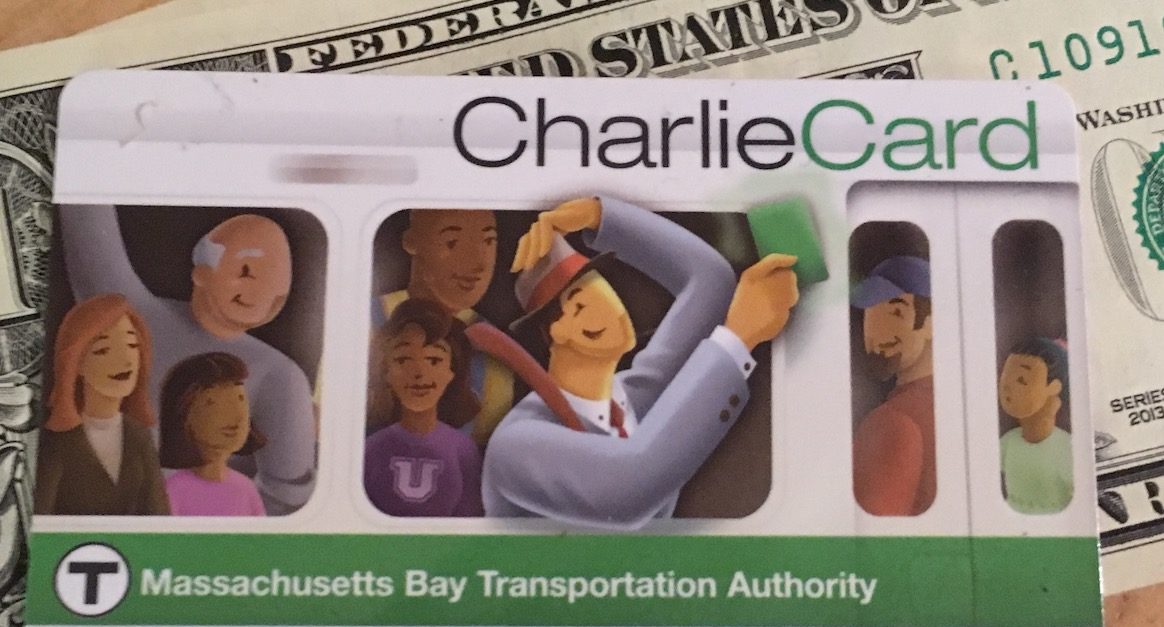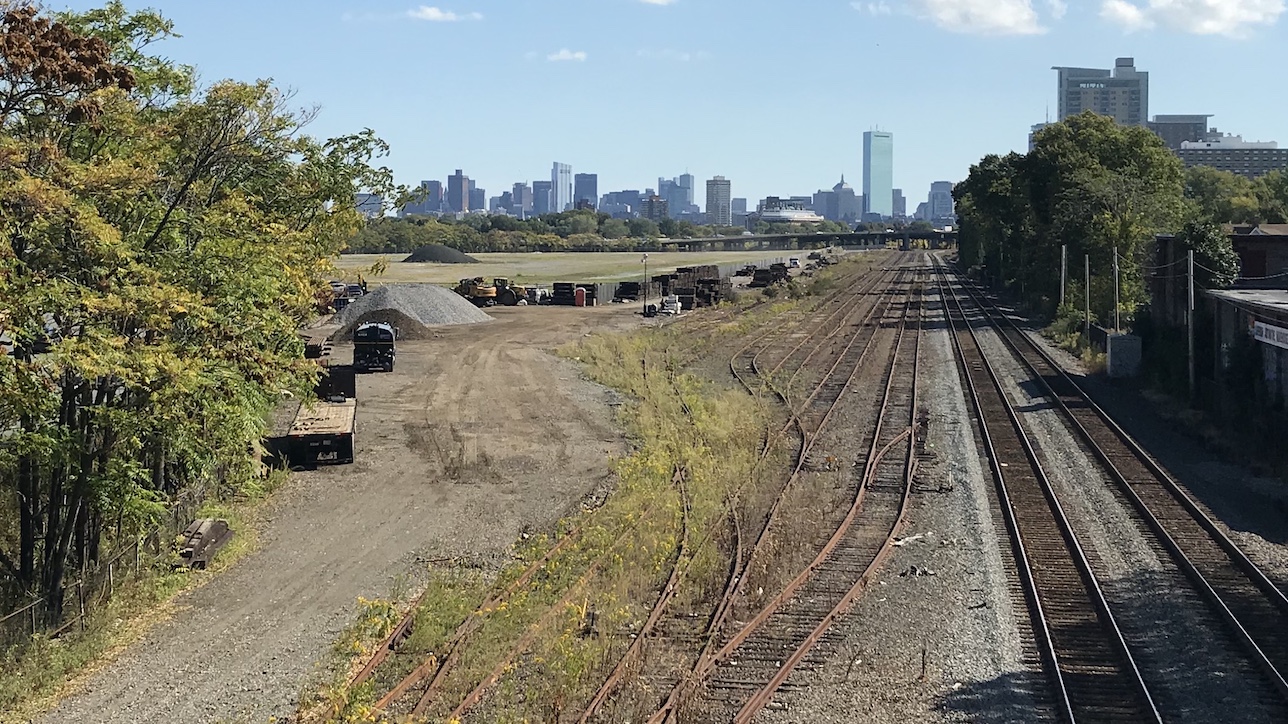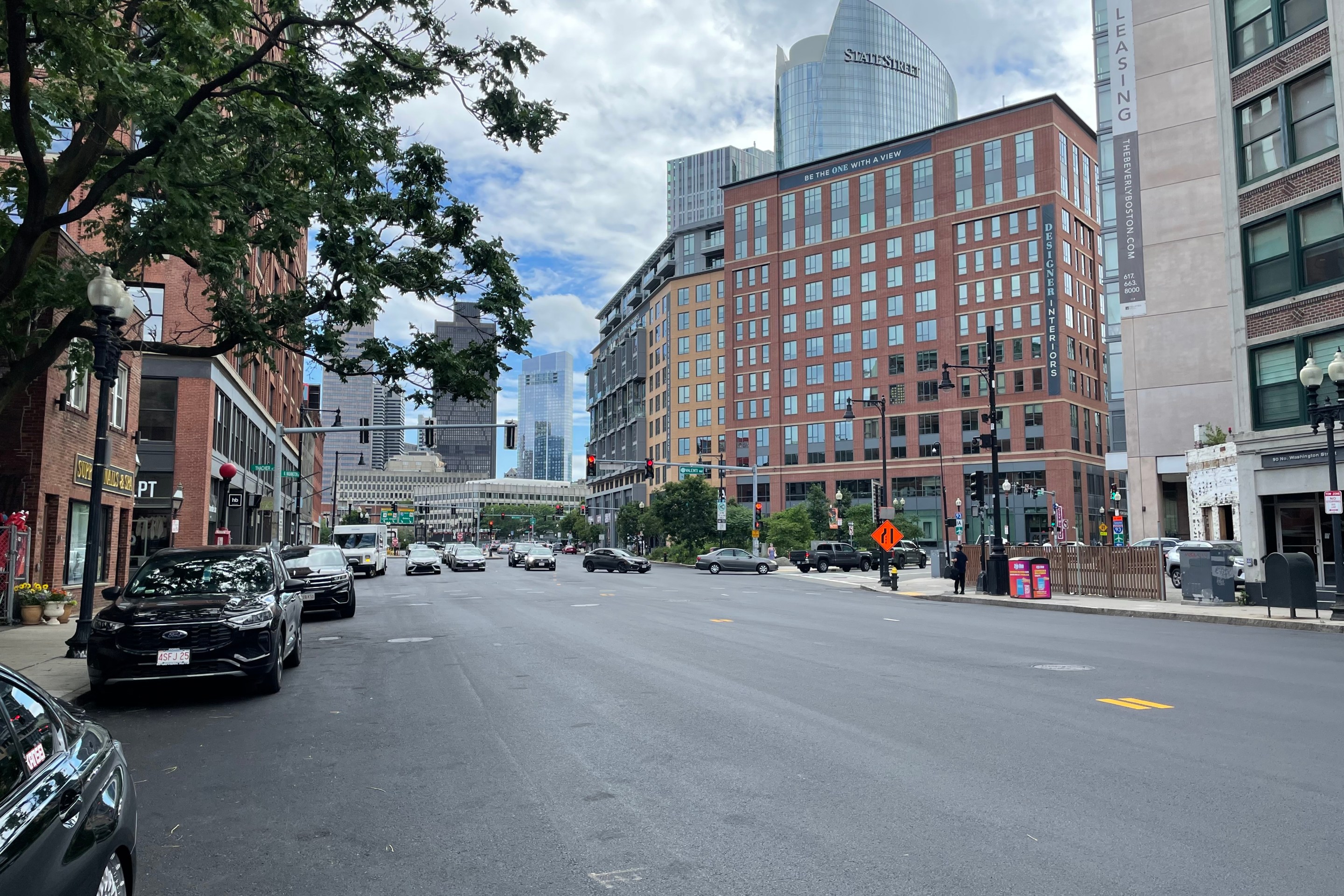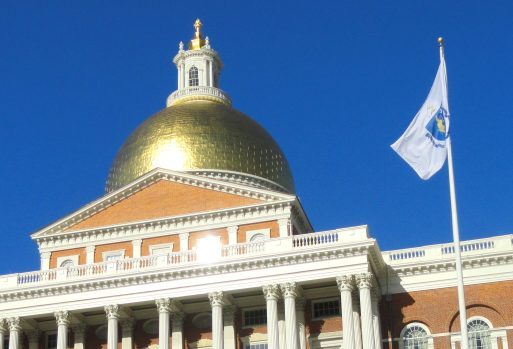Last week, the Massachusetts House of Representatives passed a $10.4 billion transportation bond bill that will let the next Governor of Massachusetts finance hundreds of new transportation projects across the Commonwealth – but, in spite of broad public support, House leadership rejected an amendment that would have mandated a new low-income fare program at the MBTA.
The state's bond bill authorizes public borrowing for new infrastructure projects, with the expectation that federal grants and other funds will reimburse the commonwealth after projects go under construction.
State officials have been keen to pass a larger bond authorization this year to take advantage of higher federal spending that was authorized in Washington's 2021 infrastructure bill.
"The way this works, is the state authorizes, the state moves forward, the state spends, and the federal government reimburses," explained Governor Baker at a March press conference. "So it’s critical for us to get this legislation passed as quickly as we possibly can to enable us to move forward aggressively.”
The bill passed by the House is a considerably amended version of the same bill that Governor Baker filed in March, but it retains the broad outlines of what the Governor had originally proposed.
For instance, the amended bill retains a $3.5 billion authorization to back MassDOT's bids for new federal discretionary and competitive grants, like MassDOT's $1.2 billion grant application for the Allston Multimodal Project.
The bill also authorizes up to $1.4 billion in spending for statewide transit projects, with specific mention of the MBTA's "Better Bus Project," commuter rail electrification, and the purchase of new "type 10" trains for the MBTA's expanded Green Line.
The House also added a $400 million line-item "for projects to address ongoing safety concerns related to the interim and final findings uncovered during the Federal Transit Administration’s Safety Management Inspection."
One noteworthy item that didn't make it into the final bill was an amendment from Rep. Adrian Madaro (D-East Boston) that would have directed the MBTA to "implement a low-income fare program that provides free or discounted transit fares to qualifying riders on all modes of transportation operated by the authority."
A MassINC poll released on June 23 – the same day that the House took up debate over the bond bill's amendments – estimated that roughly 4 in 5 Massachusetts voters support a discounted fare program for lower-income riders. 26 other lawmakers signed on to Madaro's amendment as co-sponsors.
In spite of that support, House leadership rejected the proposal without any debate.
Instead, the final draft of the House bill calls for "a special commission on mobility pricing to investigate, study and make recommendations on the development and deployment of comprehensive and regionally-equitable public transportation pricing, roadway pricing and congestion pricing," which, if endorsed by the Senate and Governor, would produce a report of findings and recommendations by July 2023.
In a statement, the Transit Is Essential coalition expressed disappointment, and urged the Senate to revive the proposal when it debates its own version of the same bill in the coming month.
“A low-income fare program would help thousands who are struggling with the burden of transit costs and the high cost of gasoline, is proven to increase transit ridership, and is supported by more than 80 percent of people across the Commonwealth," the group wrote. "More than 90 percent of low-income MBTA riders don’t qualify for the limited existing low-income programs for youth and seniors. This current system is simply not equitable. We will advocate vigorously for a low-income fare program as the bill moves to the Senate.”
Legislators in the House also added hundreds of earmarks, with price tags that add up to roughly $640 million, into the text of their amended bill before it passed their chamber (see table below).
However, just because a project is included in the bond bill does not necessarily mean that the Governor will actually authorize borrowing and spending to make the project happen; it merely authorizes that spending if the Governor agrees to it.
"There are billions in past authorizations for which no bonds ended up being issued, because the administration never went forward with the investment," explained Phineas Baxandall, Senior Analyst & Advocacy Director at the Massachusetts Budget and Policy Center, in an email to StreetsblogMASS last week.
One of those earmarks would fund a rebate program to help Massachusetts residents buy new pedal-assist electric bikes – an idea that the Baker administration has already been considering.
"$1,000,000 shall be expended for the department of energy resources for a fund to establish new rebates up to $500 for general consumers and up to $750 for low-income and moderate-income consumers, and not more than 40 percent of retail price, for the purchase of new and used electric bicycles," according to the text of the final House bill.
The bill will now go to the Senate Ways and Means Committee for consideration in that chamber.






